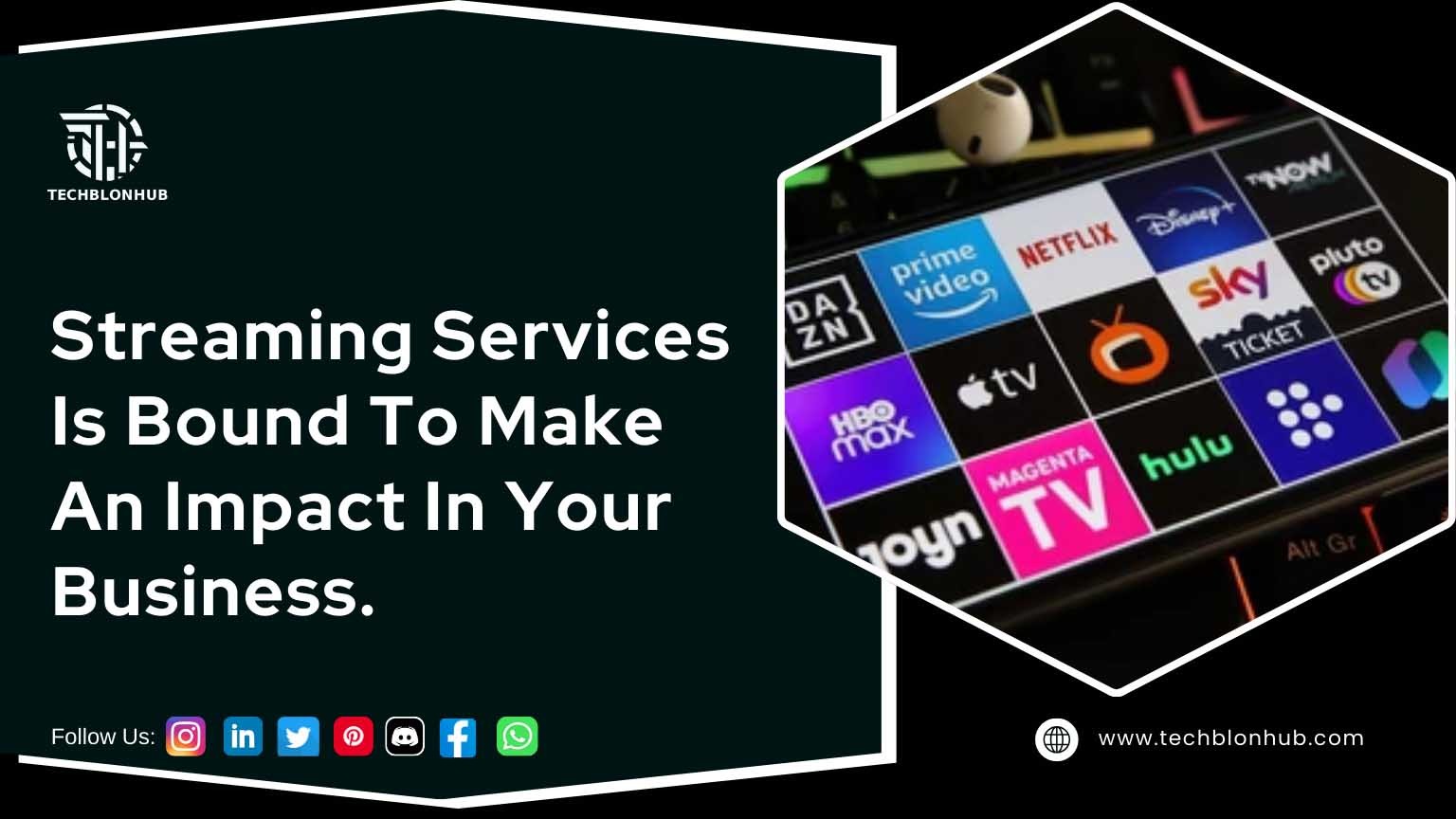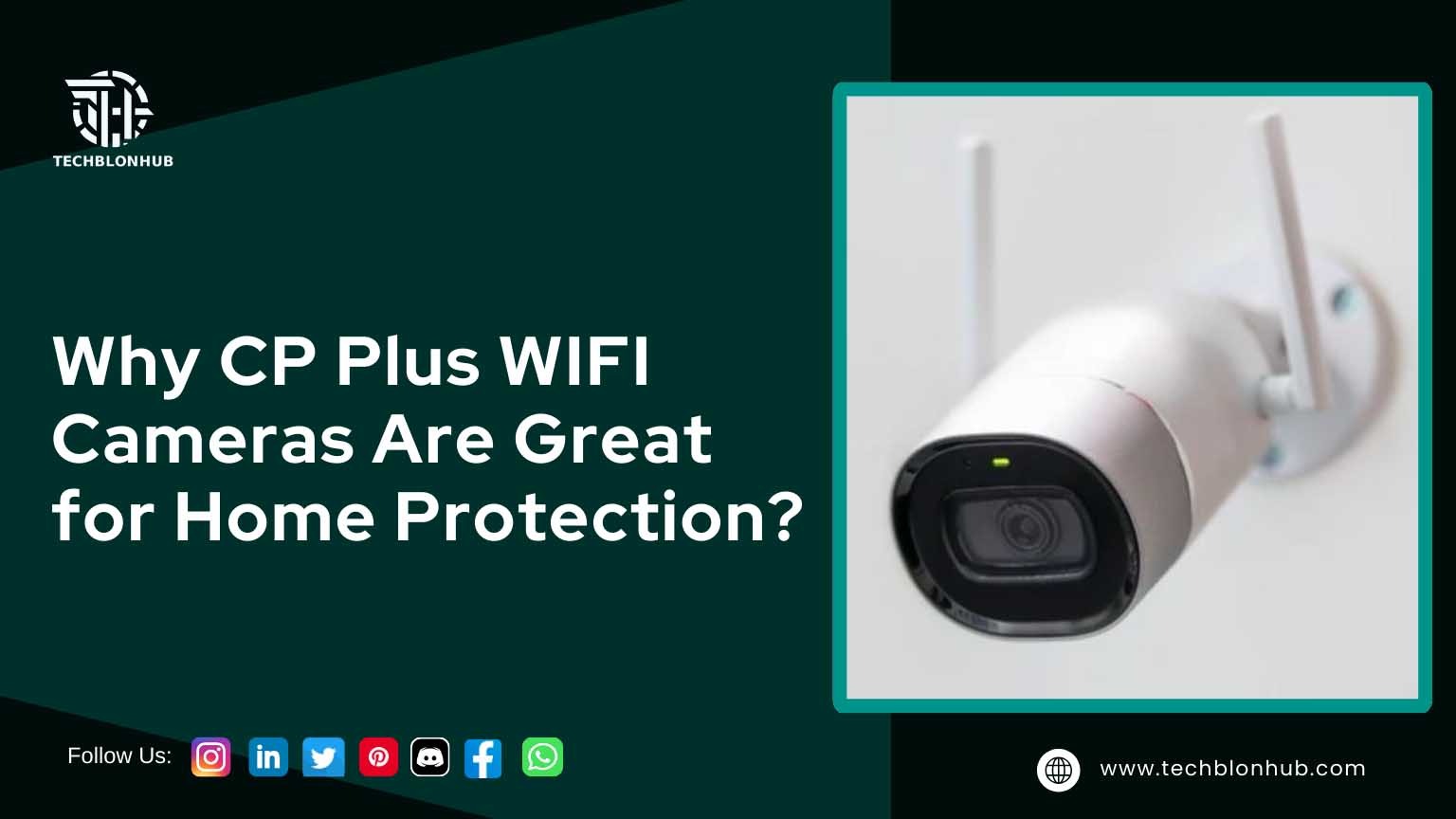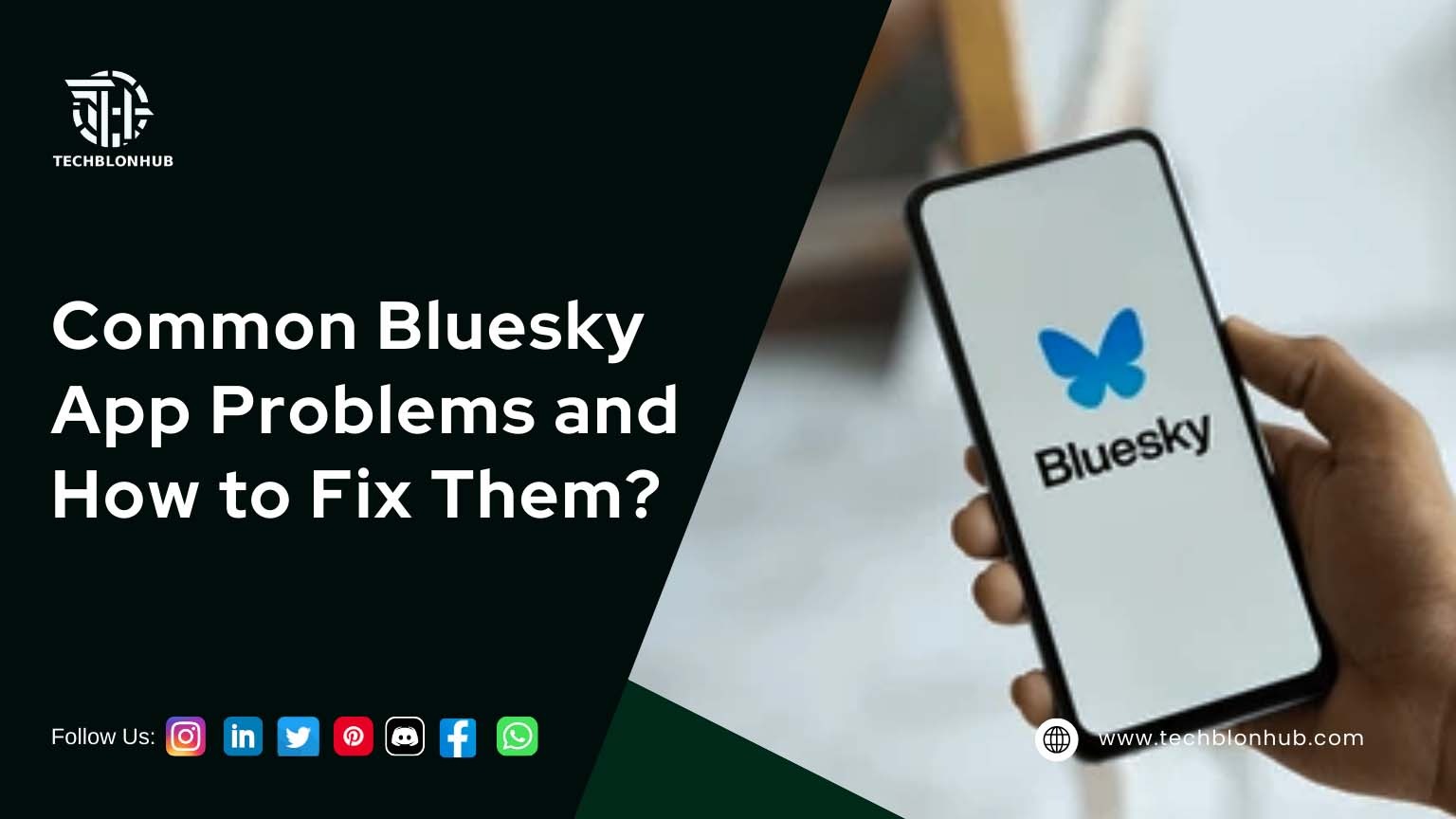An IP PBX system is a phone system that operates over the Internet (or Internet Protocol, “IP”) rather than standard analog phone lines. IP PBXs typically cost much less than traditional phones and deliver higher quality. They can also offer advanced phone features like mobility, call routing, call conferencing, and more.
If you’re searching for a new business phone system, you’ve probably encountered the term “IP PBX,” but you may not know how it works!
To use the IP PBX system, you add an extra server to the main server, which holds your phone number. This extra server is called the PBX server.
From the PABX server, we register various call extensions, which can include your mobile phone, IP telephone, laptop, or more.
You can assign multiple devices to a single extension. For example, you might have both a mobile phone and a laptop on one extension. You can also assign multiple cellphones and desk phones to different extensions.
So what happens is that because we have a PABX server registered to the main server all the extensions registering to PABX also get connected to the main server.
The PABX server distributes incoming and outgoing calls. You can program the PABX server like any other server and route the calls however you prefer. You can even call all extensions at once if needed.
PABX does more than just distribute calls. It also manages voicemail. In an IP PBX system, it records voicemails as MP3 or WAV files. You can email the file as an attachment to the intended recipient.
An IP PBX eliminates the need for dedicated phone lines and combines voice and data networks into one. Since calls are routed over the internet, this system also reduces local and international call costs.
 TechBlonHub A new digital technology era.
TechBlonHub A new digital technology era.






One comment
Pingback: Juniper Mist: Optimize Your Network with AI Solutions